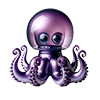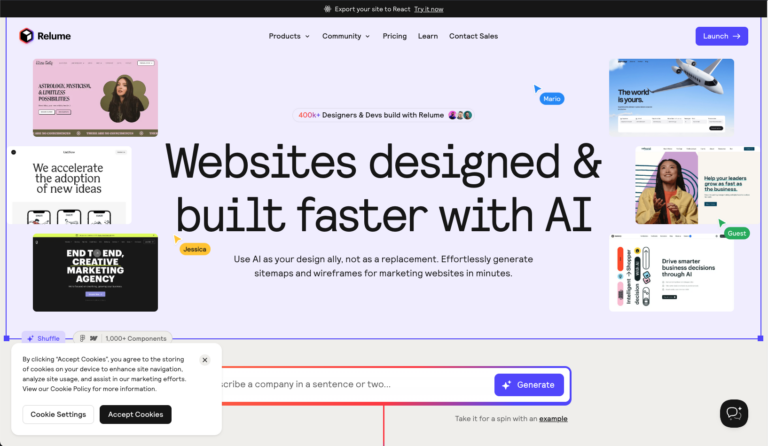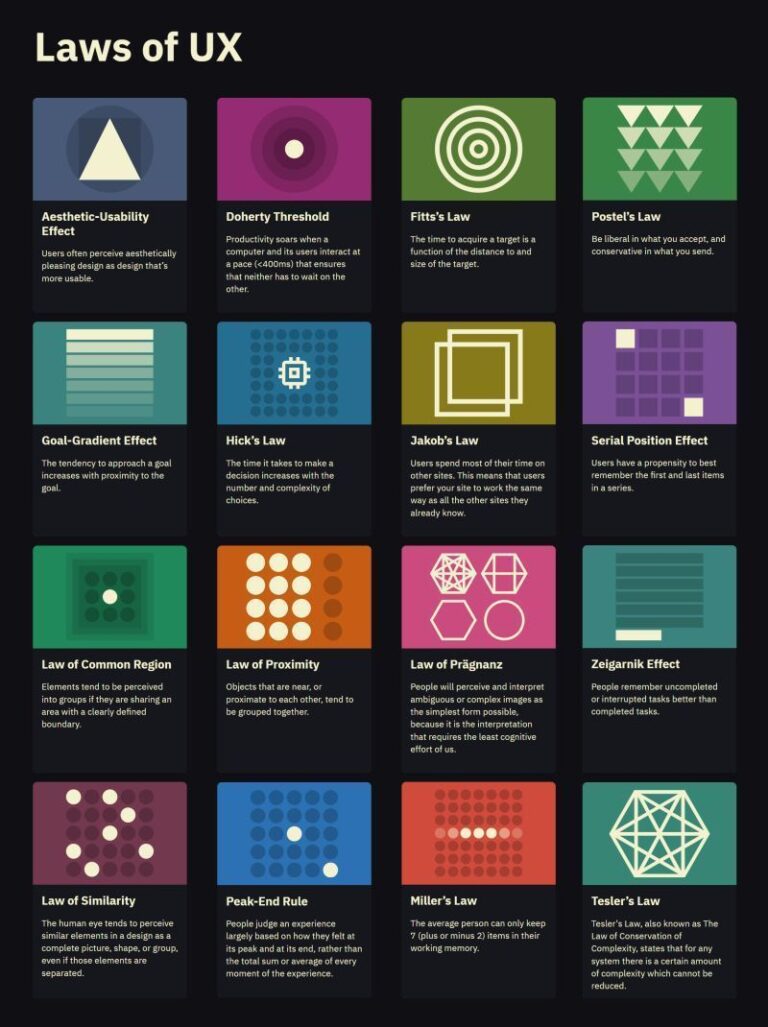
Advanced Strategies for Persistent “Me Show” Clients
The Collaboration Framework
When clients resist customer-focused approaches, try collaborative exercises:
Customer Journey Mapping
Work together to map the actual experience their customers go through, from problem awareness to post-purchase satisfaction.
Competitive Analysis Sessions
Review successful competitors to identify messaging patterns and positioning strategies.
Value Proposition Workshops
Use structured frameworks to help clients articulate their unique value without defaulting to personal stories.
Hawaiʻi-Specific Implementation Strategies
Working with Hawaiʻi businesses requires understanding the cultural context while maintaining professional marketing standards:
Honoring Island Values While Building Business
Local Expertise Positioning
Transform personal knowledge into professional credibility:
Cultural Understanding as Business Advantage
Position cultural knowledge as a competitive differentiator:
Paradise Professional Balance
Acknowledge lifestyle advantages while emphasizing professional outcomes:
The Hawaiʻian Touch: Making It Work for Island Businesses
Hawaiʻi businesses can absolutely leverage personal connection and island lifestyle, when done strategically:
The “Local Expert” Position
Position personal knowledge as professional expertise:
Cultural Understanding as Business Advantage
Position cultural knowledge as a competitive differentiator:
The “Paradise Professional” Balance
Acknowledge the lifestyle while emphasizing the work:
Red Flags: When “Me Show” Clients Might Not Be Worth It
Sometimes, despite best efforts, clients remain ego-focused. Watch for these warning signs:
These clients often consume disproportionate resources while producing poor results that can damage agency reputations
The Client Education Investment
Many successful agencies now build client education into their service model and pricing:
Strategic Foundation Sessions
Dedicate time to educating clients about customer psychology, market positioning, and conversion principles before beginning creative work.
Market Research Presentations
Show clients how successful businesses in their industry position themselves and communicate with customers.
Ongoing Strategic Consultation
Include regular check-ins that help clients make customer-focused decisions throughout the project.
Research from Forrester shows that companies investing in customer education see measurable improvements: 90% report positive ROI, with increases in customer satisfaction (11.6%), revenue (6.2%), and retention (7.4%)⁶.
The Technology Factor
Hawaiʻi’s geographic isolation and slower internet infrastructure create additional considerations:
Mobile-First Reality
Hawaiʻi has higher-than-average mobile internet usage, making mobile optimization crucial. Personal photos and ego-focused content often perform poorly on mobile devices where users want quick information.
Page Speed Concerns
Large image galleries and video content can create loading issues. Customer-focused, text-based value propositions often perform better from a technical standpoint.
Local Search Behavior
Hawaiʻi users frequently search for immediate solutions (“dentist near me,” “emergency plumber Big Island”). Ego-focused content doesn’t align with urgent local search intent.
Long-Term Client Relationship Management
Successfully redirecting ego-driven clients requires ongoing relationship management:
Setting Expectations Early
Be clear about your approach during initial consultations:
Measuring Success Appropriately
Use metrics that demonstrate business value rather than personal validation:
Continuous Education
Share industry insights, case studies, and market research that reinforce customer-focused principles throughout the relationship.
The Broader Implications
The “me show” phenomenon reflects broader cultural shifts affecting business marketing:
Social Media Culture
The democratization of publishing has created false confidence that personal content equals effective marketing content.
Influencer Economy Confusion
The democratization of publishing has created false confidence that personal content equals effective marketing content.
Instant Gratification Expectations
Social media’s immediate feedback loops create expectations for quick validation that may not align with effective business marketing strategies.
As digital marketing professionals, part of our value lies in educating clients about proven marketing principles, even when those principles conflict with their social media-influenced instincts.
Real-World Application: A Framework for Change
Here’s a practical framework for working with ego-driven clients in Hawaiʻi (and beyond):
Phase 1: Discovery and Redirection
Phase 2: Strategic Education
Phase 3: Collaborative Development
Phase 4: Implementation and Testing
The Professional Standard
The most effective digital marketing campaigns consistently focus on customer needs rather than client egos. While personal branding has its place, business marketing requires strategic thinking about customer psychology, market positioning, and conversion optimization.
Our role as professionals is to guide clients toward strategies that generate results, even when those strategies conflict with their personal preferences. The best client relationships combine empathy for the client’s perspective with firm commitment to proven marketing principles.
In Hawaiʻi, we have additional opportunities to leverage unique cultural context and natural beauty, but always in service of customer value, not personal promotion.
Moving Forward: Professional Growth and Client Success
The challenge of redirecting ego-driven clients ultimately makes us better marketers. It forces us to:
For Hawaiʻi businesses, overcoming the “me show” tendency opens doors to:
The Bottom Line
Effective marketing makes the customer the hero of the story, not the business owner. While personal elements can provide credibility and connection, they should always serve the larger goal of demonstrating value to potential customers.
The real question isn’t whether your client’s story matters, it’s whether that story serves their customers’ needs or just their own ego.
Mahalo for reading, and remember: the best marketing makes the customer the hero of the story, not the business owner.
Ready to help your Hawaiʻi business move beyond the “me show” and start connecting with customers? Contact Tako Mojo for strategic marketing that puts your customers first and your business growth second to none.
¹ Twenge, J. M., Konrath, S., Foster, J. D., Campbell, W. K., & Bushman, B. J. (2008). Egos inflating over time: a cross-temporal meta-analysis of the Narcissistic Personality Inventory. Journal of Personality, 76(4), 875-902. https://pubmed.ncbi.nlm.nih.gov/18507710/
² Boursier, V., & Manna, V. (2020). Selfie-engagement on social media: Pathological narcissism, positive expectation, and body objectification. Addictive Behaviors Reports, 11, 100263. https://pmc.ncbi.nlm.nih.gov/articles/PMC7244909/
³ Roth, C. (2012, June 26). Return on Ego (ROE) vs. Return on Investment (ROI). Carol Roth Blog. https://www.carolroth.com/community/return-on-ego/
⁴ Anderson, J. C., Narus, J. A., & van Rossum, W. (2006). Customer value propositions in business markets. Harvard Business Review, 84(3), 90-99. https://hbr.org/2006/03/customer-value-propositions-in-business-markets
⁵ Intellum. (2023, July 25). Guide to Customer Education Marketing (With Examples). https://www.intellum.com/resources/blog/customer-education-marketing
⁶ Referenced in customer education ROI studies. Forrester Research (2019). The Business Impact of Customer Education Programs.






